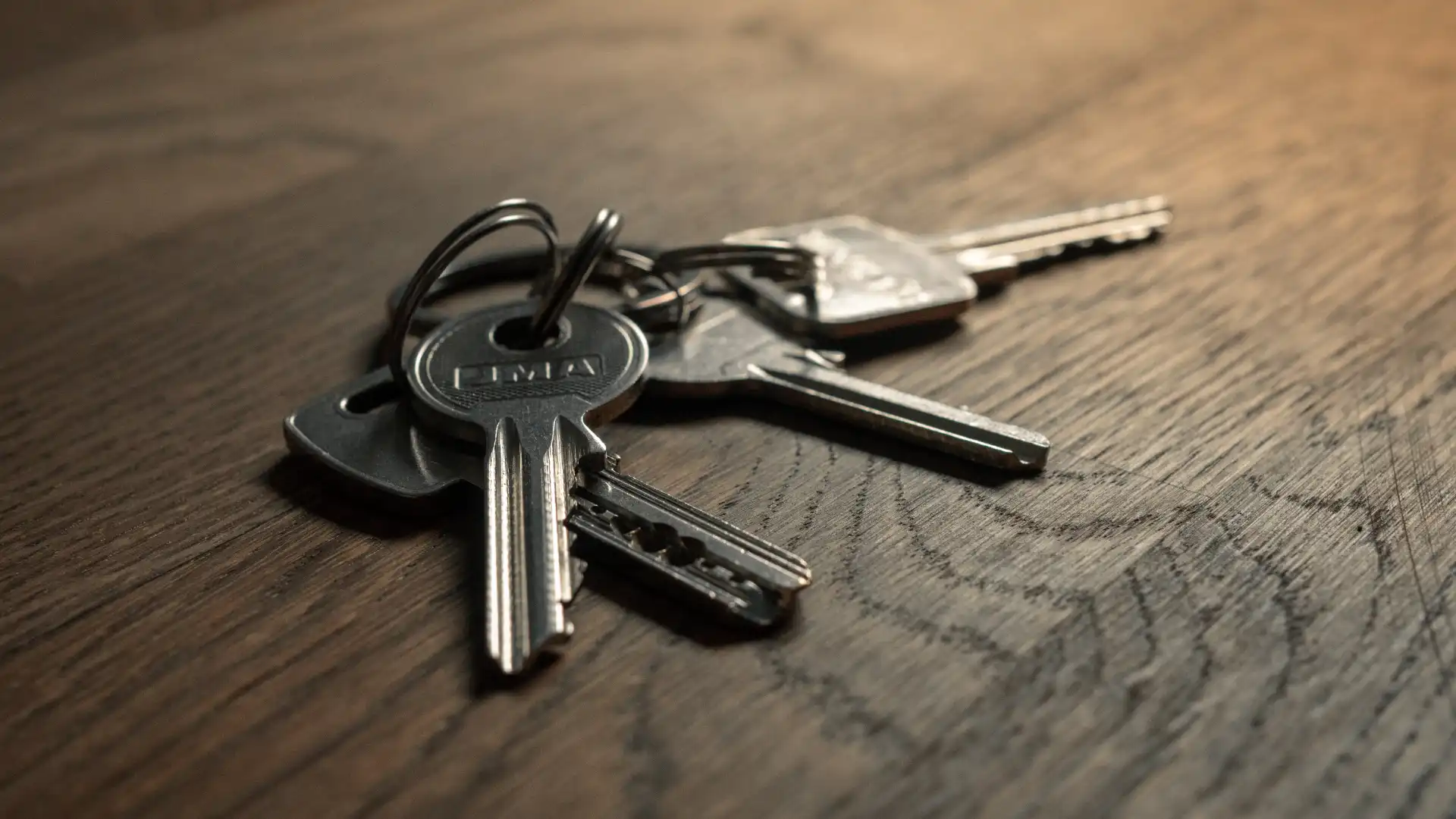Common Moving House Myths Busted
November 23, 2018

November 23, 2018

With the stress of moving to a new property - paying your deposit, changing over your utilities and finding some way to get all of your packing done in time - it can be easy to forget one simple fact: you are hardly the first person to go through it!
Ask your friends or family and you will find that most have moved at least once in their lifetime. Even better, some may have had to organise a move and will be able to offer valuable tips and advice.
However, you will also be likely to encounter one of several popular myths about moving house. A number have been floating around for years now, even before the internet made it a breeze to find ‘tips’ on how to plan a moving day. Unfortunately, while genuine hacks can make your move less stressful, many of these myths will only cause you to make expensive or time-consuming mistakes.
If you want your moving day to go off without a hitch, it will be important to educate yourself and allow plenty of time for prep work. Here are some of the most common moving myths which you should never, EVER believe.
This is a popular one!
Securing a new property is expensive. With a deposit to pay for, as well as conveyancers and surveyors if you are purchasing a home, you may view removers as an unnecessary expense. You may even have heard that you can move to your new property virtually free of charge by doing everything on your own.
Unfortunately, a self-move is almost always a false economy. For one, you will likely need a car to hold all of your belongings. Transporting your furniture may even require a larger vehicle than you use on a regular basis. Hiring a van can be expensive in itself, to say nothing of actually insuring it along with your belongings. There is also the issue of having to take additional time off work to arrange and pack everything in advance of the move. Depending on your job, this could mean more lost wages. Even if you manage to find free cardboard boxes, you will still need to pay for packaging materials like bubble wrap and sturdy packing tape.
Having friends or family members help might seem like a good solution, especially if they can offer vehicles to help out. However, unlike removal companies, your friends will not be insured for when something goes wrong. For example, an accident could cause damage to your belongings, or even to your new home!
With all of these expenses considered, it can actually be cheaper to hire a professional remover. It is also worth remembering how much stress you can save yourself by having an experienced firm handle all packing, insurance and transportation for your big moving day.
That said, it will still be important to get a fair price. Try to collect quotes from at least five different providers. You may even want to speak to companies based close to your destination, as prices tend to vary across the UK.
This is a pretty common misconception: people think that, because of the weekend, Friday is the most convenient day possible for moving house. Indeed, an extra two days off can take a great deal of stress out of unpacking, and it can be nice to have time to recover before heading back to work.
Unfortunately, a lot of other people feel the same way. You will often struggle to book a professional remover on Fridays, especially if you leave things until the last minute. It can even be more expensive to hire a remover on these days, simply because they are more in demand.
If you want to save money on your move, it can be better to book a remover on Tuesday, Wednesday or Thursday. This can also be the best option if you need to book at the last minute, as removers will be more likely to have slots available.
Be sure to leave in plenty of time. This should allow you to avoid any rush-hour traffic, though it will still be a good idea to monitor for updates along with your chosen route. Want to know more about the best day of the week to move house?
With the amount of time it usually takes to pack belongings away, you would be forgiven for trying to get everything done well in advance. However, this can actually make the run-up to your moving day awkward, as there are some items that you will not be able to do without.
Work clothes, toiletries, electronics chargers and other essentials should be packed last, ideally on the evening before the move itself. Be sure to put them in clearly marked containers so that you can find them again quickly. This will be doubly essential if you have work the day after your move!
Everything else, such as furniture, clothes and household accessories, can be packed earlier. You may even want to use the weeks leading up to your move as a chance to get rid of anything that you don’t need, either by selling, recycling or even freecycling it to a new local owner. Remember, the less you have to pack, the easier your move will be. Here are our packing tips.


This is a HUGE no-no! You might have some chancer friends who say that waiting to sign up for council tax in your new locale will allow you to avoid a few payments. As nice as this sounds, it is 100% untrue - and it could even make your payments more awkward later on.
Waiting to register for council tax will require you to pay a lump sum to make up for all unmarked time. Unfortunately, you will also need to provide proof of the date you moved in. It is generally better to register immediately and simply bite the bullet - the last thing you want is to face legal issues when you are trying to settle into your new home.
If you are buying a property, it will be crucial to find out about its condition. This is vital not just in terms of securing a mortgage, but also understand the potential long-term expenses of the property itself.
For example, if there are any issues with damp, or if the property needs to be brought up to standard in other areas, you will need to hire tradesmen to carry out the work. This can add thousands to the costs of purchasing a property, but finding out about the problems in advance can allow you to offset the extra money when negotiating a purchase price. If not, you may even want to reconsider the purchase altogether.
Exactly what kind of survey you require will depend on the property itself. An RICS Condition Report will suit new builds or other properties which seem to be in good condition. This should let you know about any urgent faults.
An RICS Homebuyer Report will be more expensive, but also more thorough. They can also include property valuations, in case you are not sure about the asking price. Occasionally, a mortgage provider may also want to survey your property before agreeing to a loan.
For older homes or those in a greater state of disrepair, you may require a full structural survey.
Ok, this one isn’t exactly a myth as such. Generally speaking, it is good to get rid of anything unnecessary before moving house. There is even an old suspicion about leaving your old broom behind!
However, you should keep in mind that when it comes to cleaning equipment, especially expensive appliances like vacuum cleaners, you will likely have to replace anything that you get rid of.
As for any food, why not donate what you have left to charity instead of throwing it away? You could even throw a lunch for any friends helping you out with the move itself.